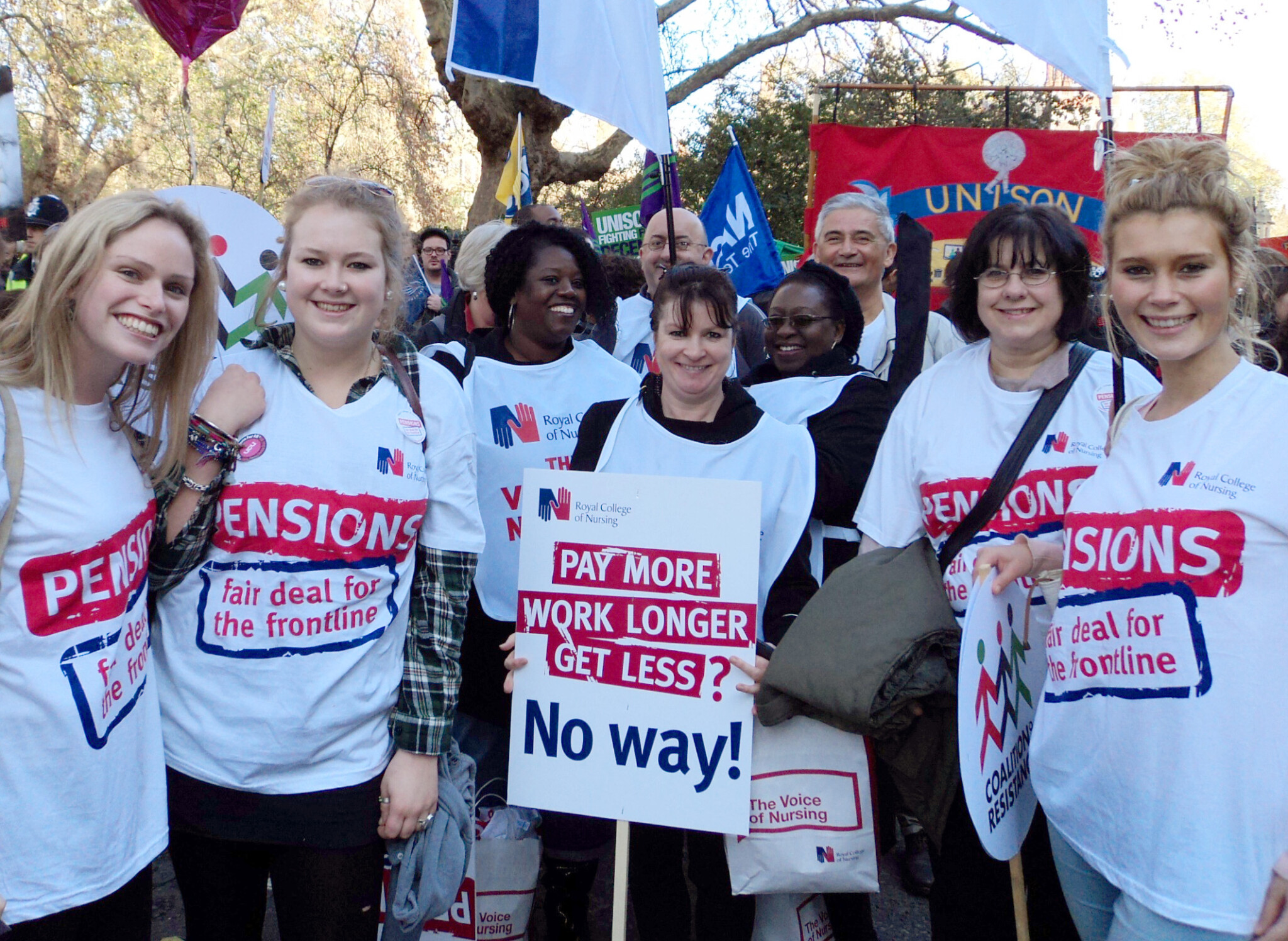‘WE WILL FIX the long term problems of health and social care that have been so cruelly exposed by Covid,’ Tory PM Johnson said yesterday, announcing that workers, in particular young workers, will be hit by a National Insurance hike of 1.25%.
Continuing the ‘beat the poor’ theme, Tory Chancellor Rishi Sunak also confirmed that the £20 cut to Universal Credit will still go ahead, while the Secretary of State for Work and Pensions, Dr Therese Coffey, announced the breaking of the Triple Lock Pension Guarantee.
Johnson told MPs: ‘Having spent £407bn or more to support lives and livelihoods throughout the pandemic, from furlough to vaccines, it would be wrong for me to say that we could pay for this recovery without taking the difficult but responsible decisions about how we finance it.
‘As a permanent and additional investment in health and social care it would be irresponsible to meet the costs from higher borrowing and higher debt.
‘From April of next year we will create a new UK-wide 1.25% health and social care levy on earned income, hypothecated in law, with dividend rates increasing by the same amount.
‘This will raise almost £36bn over the next few years, money from the levy going directly to health and social care across our United Kingdom.’
Labour leader Keir Starmer said: ‘He made the commitment to social care before the pandemic and he said that he would pay for it without raising taxes before the pandemic.
‘This is a tax rise that breaks a promise that he made at the last election, a tax rise on young people, supermarket workers and nurses. A tax rise that means that a landlord renting out dozens of properties would not have to pay a penny more but the tenants living in those properties working in full-time jobs would.
‘The alternative does include asking much more of wealthy people with those with the broadest shoulders paying more including income from stocks, from shares, from dividends and from property.’
On the issue of cuts to benefits Tory Chancellor Sunak told Parliament: ‘The government has always been clear that the £20 lift on Universal Credit was always going to be a temporary measure, much like furlough and our other interventions to support the country through the acute phases of this crisis.
‘But we are not done supporting those who need our help, this government will always be on their side, and that is why this government has created our “Plan for Jobs” because we know the best thing we can do is give people the skills and the opportunities they need to find high quality work.’
Ian Byrne, Labour MP for Liverpool, West Derby, said: ‘Whilst the Chancellor is pondering the colour for the tiles of his new swimming pool and deciding over the new tennis court this summer for his country mansion, back in the real world 20% of my constituency in Liverpool, West Derby are facing the £20 a week cut to Universal Credit and facing sleepless nights about how they will survive.
‘Can the Chancellor tell me what impact assessment the government has made on the impact of the cut and how many of the 12,530 people in Liverpool, West Derby do they estimate will be thrown into poverty?’
Sunak replied: ‘Well I don’t accept that people will be forced into poverty, because we know and history tells us that the best way to take people out of poverty is to find them high quality work.’
Once most MPs had cleared out of the chamber Dr Therese Coffey, Secretary of State for Work and Pensions then dropped the bomb shell that the Triple Lock Pension Guarantee would be broken.
She said that because wages had gone up by more than 2%, something she called a ‘statistical anomaly,’ it would be ‘unfair’ to raise the pension by that amount.
Coffey told Parliament: ‘I am clear that another one year adjustment is needed. So tomorrow I will introduce the Social Security Uprating of Benefits Bill.
‘For 2022/23 only it will ensure the basic and new state pensions will increase by 2.5% or in line with inflation, as of last year it will set aside the earnings element 2022/23 before being restored for the remainder of this Parliament.
‘This will ensure that pensioners’ spending power will be preserved and protected from higher costs of living.
‘But it also will ensure that as we are having to make difficult decisions elsewhere across public spending, including freezing public sector pay, pensions are not unfairly benefiting from this statistical anomaly.’
